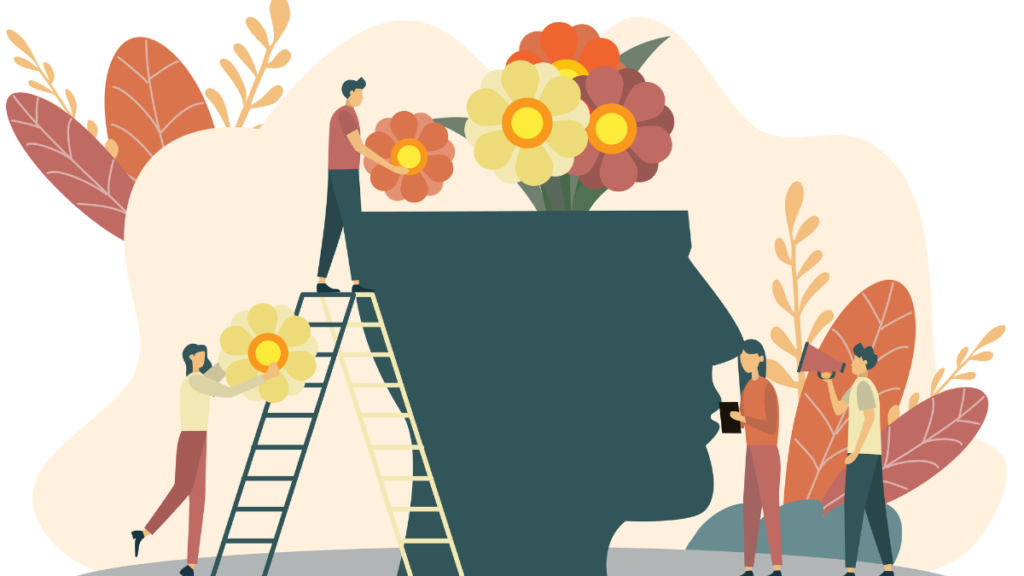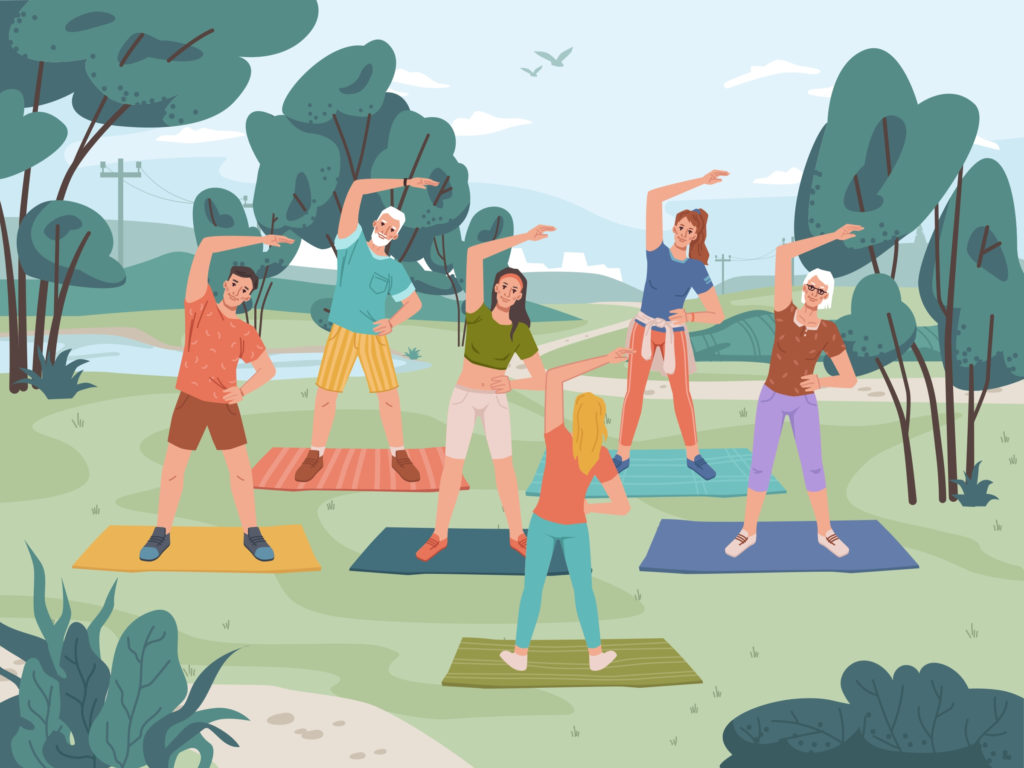
A Practical Guide to Holiday Resilience
The holiday season is a time to recover, relax, connect with loved ones and celebrate. It is also an opportunity to reflect on the past year so that you can gain some perspective on what went well, what was difficult, and how you can improve.
If you haven’t already, we invite you to register for our free Holiday Resilience training session on 7 December at 10am New Zealand time.
The following guide provides a number of tools and practices that you can try this year. Remember to start small, be playful, and enjoy the break.

Get clear on your holiday priorities
- Relax, recover and rejuvenate
- Connect with loved ones
- Celebrate and be kind to yourself
- Choose a micro-habit to practice before the break begins
The core of resilience is insight – know yourself
At the end of a busy year, we have been fully focused on tasks. The holidays provide an opportunity to slow down, reduce the intensity, and take time to reflect.
Use this time to engage your body, your emotions and your mind in a more relaxed and reflective way.
- Take time to sense the needs of your body
- Take stock of feelings and emotions
- Notice the habits of mind
Insight is the ability to look inwards and review how you are travelling. What feels good and what is not so good?

Reflection and journalling
Before you dive into the Christmas celebrations, book some time to stop and take 30 minutes to reflect on the year.
- What has gone really well this year?
- What has been challenging but successful?
- What has been difficult or frustrating?
Note down all the emotions you can remember and those that might still be sitting with you. What would you like more of? What would you like less of?
Tune into your physical self – schedule time to move
Movement is the fundamental function of humanity. We are extraordinarily complex and capable. Be sure to tune into your physicality:
- Take a relaxed walk every day
- Get out in nature and sunlight
- Breathe fully with long exhalations
- Stretch in the mornings
- Tackle a garden challenge
- Get out and do your favourite physical activity
- Secure a few nights of really good sleep – and powernap!
Each investment in your body will reap huge rewards.

Nudge toward positivity
The pressure of the year can trigger frustration, anxiety, and disappointment. These negative emotions are natural and normal but they are sticky and can undermine our wellbeing, relationships and mental state.
Positivity is a commitment to nudge toward the positive:
- If frustrated or angry, nudge towards acceptance and kindness
- If disappointed or sad, press toward appreciation and joy
- If anxious or worried, shift to calm and being present
- If tired, seek energy and passion
- If you feel cravings, savour the good – be contented
Master the monkey mind
Our minds are whirling by the end of the year. With 50,000 to 70,000 thoughts per day, it makes sense to step back and notice what you are thinking. Some of us tend to ruminate on the past. Others worry and fret about the future.
When the mind wanders into the past, we dredge up sadness or anger. If we wander into the future, it mostly triggers worries and anxiety.
How to stay present
Practice staying in the present and achieving a state of mental clarity. If you notice your mind churning:
- Name the thoughts
- Bring your attention to the now – your body, feelings, environment
- Stay fully attentive to those you are with
- Be gentle with monkey mind – but be firm
Practice Tactical Calm
You need to relax more than you can imagine. At the core of relaxation (vagal tone, coherence and wellbeing) is your breath. Far too often, we “take a deep breath.” This is wrong. Breathe out to relax:
- Lie flat on your back or sit upright
- Drop your mind into your belly
- Exhale fully through the nose for 6 seconds
- Gently inhale through the nose for 4 seconds
- Relax neck and shoulders and let your lower ribs and belly move
- Go to your happy place or thoughts of loved ones
- Watch the breath – 6 seconds out and 4 seconds in

Zip it (impulse control)
It is easy to get into heated arguments over trivial things during the holidays. We have all worked hard and have high expectations for Christmas. This can easily lead to misunderstanding.
So when you feel triggered:
- Stop (zip it!) and practice restraint
- Breathe out slowly and pause
- If needed, excuse yourself from the situation
- Apologise and share how you felt when triggered
- Listen carefully to the other person’s perspective
Micro-habits
Instead of grand resolutions for 2023, start with tiny habits. In his book, Atomic Habits, author James Clear, suggests starting with an identity: who do you want to become? For example, “I am a calm person.”
Now implement the habits that support a calm person, starting incredibly small. For example, I will practice Tactical Calm for one minute while I brew my morning coffee. When this habit is embedded in my routine—and happens without thinking about it—I upscale the practice to two minutes and perhaps start repeating it directly after lunch.
In tiny increments, you weave a web of positive habits that will support you for life.

Thank you!
As we celebrate our 20th birthday at Resilience Institute, we are happy to have partnered with thousands of organisations around the world, touching the lives of hundreds of thousands of people.
We invite you to join us for a free Holiday Resilience webinar on Wednesday 07 December at 10am New Zealand time. If you can’t make it just bookmark this page as we will place the recording below.
